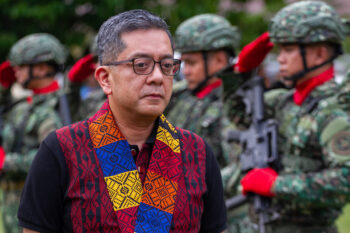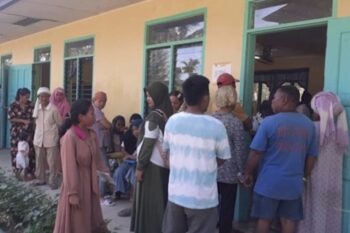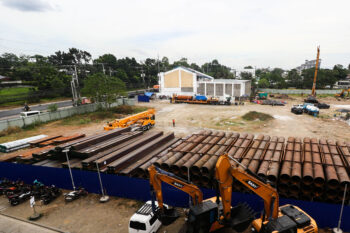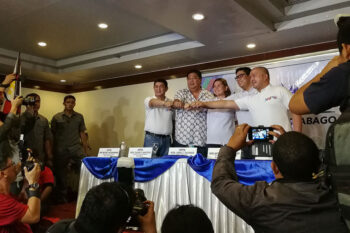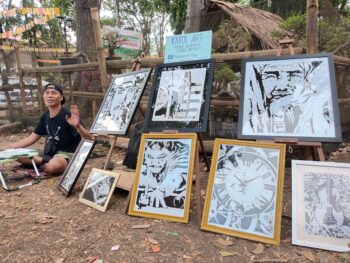DAVAO CITY- What would be the goals of “development?” How do we attain it? These are the questions that Robin Broad and John Cavanagh tried to answer in their book, Development Redefined: How the Market Met Its Match.
Robin Broad is a Professor on International Development at the American University, while John Cavanagh is the Director of the Institute for Policy Studies based in Washington, D.C., and one of the founding fellows of Trans National Institute based in Amsterdam, The Netherlands. They will be here in Davao City to discuss the “Alternatives to Neoliberalism” in a forum organized by the Alternate Forum for Research in Mindanao, Inc. (AFRIM) on Thursday, July 22 from 1:00- 4:00 pm at Blue Chateau Room, Grand Menseng Hotel. Since 1979, the year it was founded, AFRIM has been conducting major events aimed at facilitating a deeper analysis of major key issues affecting Mindanao.
Neoliberalism is the paradigm that frames macro-economic policies that have set a trend worldwide for several decades now. It sets the rules and regulations for international free trade, investments and financial transactions, with the World Bank (WB), International Monetary Fund (IMF) and World Trade Organization (WTO) as prime movers. These organizations touted fiscal adjustments, trade liberalization, and privatization as the best routes for the development of Third World countries like the Philippines.
However, Broad and Cavanagh have observed that, rather than promoting economic prosperity, this economic formula has led to low levels of growth and increased poverty in most developing countries. They have been following Philippine development since the late 1970s, and have seen the adverse impact on the national economy and environment of this one size fits all development paradigm.
According to Starjoan D. Villanueva, Executive Director of AFRIM, the Philippine government’s adherence to neoliberal policies has resulted to increased poverty and hunger, especially in Mindanao, where six out of ten provinces are among the poorest (NSCB, 2006). Global recession, the food crisis in 2008, and problems resulting from climate change are considered major negative impacts of decades of embracing the neoliberal model of development. Ms. Villanueva further noted that, amidst the global crises affecting the Philippine economy, there is a strong need for collective action to strengthen various initiatives aimed at policy alternatives that will redefine “development” beyond economic growth as the sole yardstick. Moving towards an integrated and holistic development approach, the people’s quality of life, human dignity, and justice are core elements of the kind of development that every community in Mindanao aspires.##

